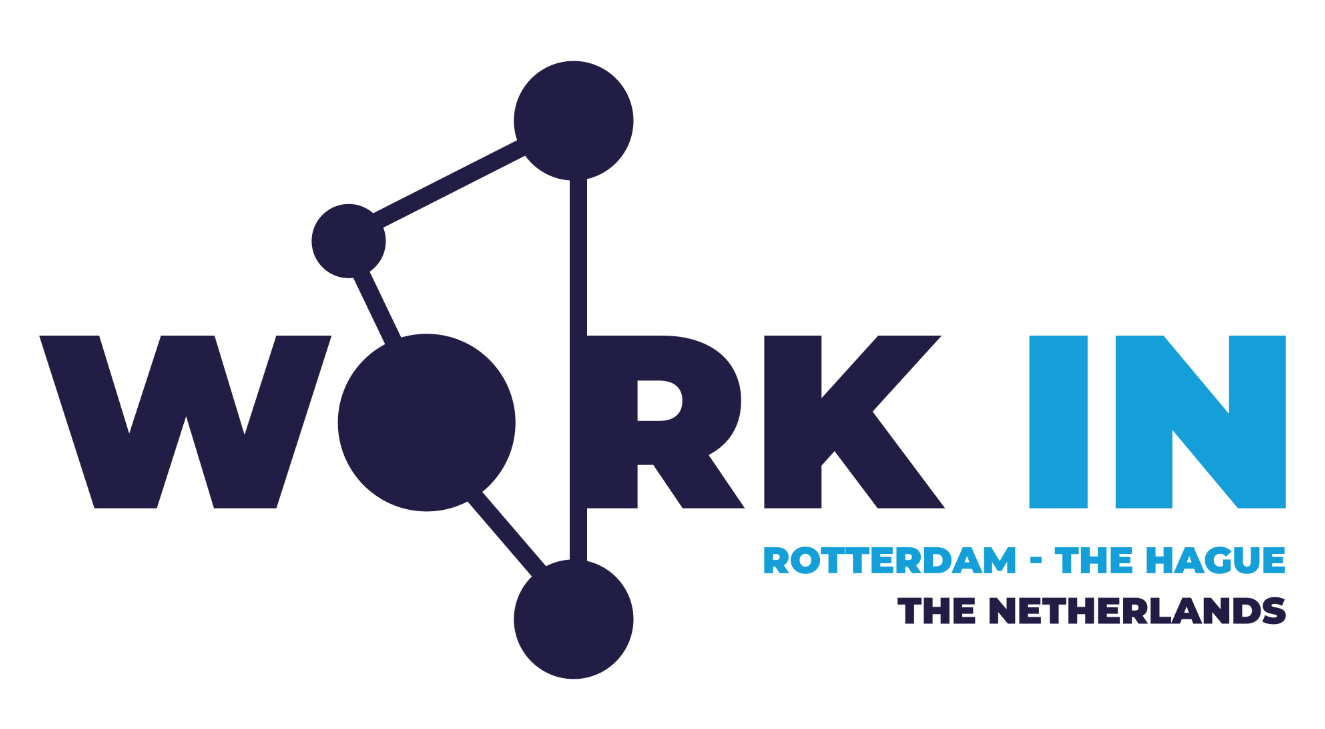Business Solutions Officer (P-3)

International Criminal Court
23839 | OTP
| Deadline for applications: | 20/03/2025 |
| Position title and level | Business Solutions Officer (P-3) |
| Organisational unit | Information, Knowledge and Evidence Management Section, Integrated Services Division, Office of the Prosecutor |
| Duty station | The Hague - NL |
| Type of appointment | Fixed-term |
| Post number | Established post |
| Minimum net annual salary | €91,998.00 |
| Contract duration | For initial appointments, the Court offers a two-year appointment with the possibility of extension (six months probationary period). |
A roster of suitable candidates may be established for this post as a result of this selection process for both fixed-term established and general temporary assistance posts.
Organisational Context
The position of Business Solutions Officer is a part of the Business Solutions Development Unit (BSDU) within the Information Knowledge and Evidence Management Section (IKEMS) and reports to the Systems Architect (Head of BSDU).
IKEMS, headed by an Information Management Coordinator, combines the OTP’s information, solutions development, digital forensics and evidence management operations into one consolidated section. IKEMS aims to maintain a coordinated, flexible and operationally responsive IKEM support capacity throughout the OTP, in order to support the full spectrum of the OTP’s information and evidence operations.
Duties and Responsibilities
Under the direct supervision of the Head of the Business Solutions Development Unit and the overall management of the Information Management Coordinator, the incumbent will perform the following tasks:
- Identify, assess and draft business analyses identifying potential areas for improvement in the areas of technology and/or business processes leading to actionable recommendations aimed at improving core business operations, systems, tools, and/or user experiences through the development, testing and deployment of in-house, COTS, or new hardware or software solutions across all OTP business areas;
- Lead collaborative efforts and liaise with EDMU, Product Owners and end-users in other OTP units to identify and find solutions or bug fixes, actively support the continuous improvement of existing tools (in-house or COTS), and test new versions and/or new solutions in order to enhance user experience and increase business efficiency within the OTP. Temporarily support other areas of the Court in the same capacity when needed;
- Collaborate and/or lead projects relating to research and development, solutions planning, application development, testing, enhancements, versioning and/or implementation timelines as part of BSDU’s continuous modernization initiatives and propose creative technical solutions to wide-ranging business challenges across all OTP business areas;
- As an advanced developer, take a lead role in actively developing in-house solutions as well as coaching and guiding the work of other developers, and ensuring that development work follows software development lifecycle standards and DevOps best practices while ensuring external/additional/consultant support to development projects are well integrated into the development team and its initiatives;
- With an energetic service delivery mind-set, actively seek out and identify opportunities for improvement, enhancement, research and development and/or streamlining of systems or processes across all OTP business areas. Actively identify and support potential inter-Organ collaboration opportunities or development projects that would positively benefit and/or increase efficiencies for both Organs of the Court;
- Other duties as required.
Essential Qualifications
Education:
Advanced university degree in a scientific discipline such as computer science, software engineering, science, engineering, information science, information systems, mathematics, or other related area is required. A first level university degree in combination with two additional years of qualifying experience is accepted in lieu of an advanced university degree.
Additional graduate or post-graduate certifications, diplomas or qualifications in a similar (technical or information management-related) fields would be considered an advantage.
A basic certification in low-code platforms (Microsoft PowerApps and/or Mendix™) is required.
Advanced certification in low-code platforms (Microsoft PowerApps and/or Mendix™) is preferred.
Certifications, diplomas or qualifications in a technical or information management-related field would be considered an advantage. Training in Business Analysis, Project Management (PMP, PRINCE2), and/or Agile/Scrum is required.
Experience:
A minimum of 5 years of relevant professional experience (7 years with a first level university degree) in a fast-paced software development team is required. At least two years’ experience at the international level, is preferred. Experience within a legal, investigative, or law enforcement environment, is preferred.
A minimum of 4 years of experience with Microsoft Azure ecosystem (or equivalent public cloud provider) is required. Experience in building and managing applications using Microsoft PowerApps is preferred. Practical experience in designing and developing custom business solutions in low-code applications is required.
Experience in Web application development (HTML, C#, .NET, JavaScript, etc.) is required;
Knowledge of Application Development/Software Engineering/Design Patterns is required.
Experience with object oriented design and architecture models is required. Experience supporting full software development lifecycle is required.
Experience in coaching or leading other developers is required.
Experience in gathering, documenting and assessing user requirements and drafting Scopes of Work and solution approach plans is required.
Knowledge, skills and abilities:
Demonstrated knowledge of various frameworks and libraries such as front-end frameworks like React for building dynamic user interfaces, and an understanding of back-end frameworks and libraries such as .NET for C#, and Django for Python is required. Experience in designing and building event-driven architecture, enterprise integration and using serverless technologies is required.
Knowledge of the investigative or legal process, or exposure to law enforcement or litigation methods is preferred.
Knowledge of data-modelling and familiarity with MS SQL Server is required. Practical experience with programming in .NET environment is required. Knowledge of Application Development/Software Engineering/Design Patterns is required.
Knowledge of software development methodologies and frameworks such as SCRUM, UML, BPMN is required.
Knowledge of languages:
Proficiency in one of the working language of the Court, English or French, is required. Working knowledge of the other is desirable. Knowledge of another official language of the Court (Arabic, Chinese, Russian and Spanish) would be considered an asset.
ICC Leadership Competencies
Purpose
Collaboration
People
Results
ICC Core Competencies
Dedication to the mission and values
Professionalism
Teamwork
Learning and developing
Handling uncertain situations
Interaction
Realising objectives
Learn more about ICC leadership and core competencies.
General Information
ICC Leadership Competencies
Purpose
Collaboration
People
Results
ICC Core Competencies
Dedication to the mission and values
Professionalism
Teamwork
Learning and developing
Handling uncertain situations
Interaction
Realising objectives
Learn more about ICC leadership and core competencies.
General Information
Candidates appointed to posts at a P-5 grade or in the Director category are subject to a maximum aggregate length of service of seven years. This is pursuant to a decision of the Assembly of States Parties (ASP Resolution ICC-ASP/23/Res.2) to implement a tenure policy at the Court as of 1 January 2025.
- The selected candidate will be subject to a Personnel Security Clearance (PSC) process in accordance with ICC policy. The PSC process will include but will not be limited to, verification of the information provided in the personal history form and a criminal record check.
- Applicants may check the status of vacancies on ICC E-Recruitment web-site.
- Post to be filled by a national of a State Party to the ICC Statute, or of a State which has signed and is engaged in the ratification process or which is engaged in the accession process. This is pursuant to a decision of the Assembly of States Parties (ASP Resolution ICC-ASP/23/Res.3) to introduce a moratorium on the recruitment by the ICC of staff of non-States Parties’ nationality.
- In accordance with the Rome Statute, the ICC aims to achieve fair representation of women and men for all positions, representation of the principal legal systems of the world for legal positions, and equitable geographical representation for positions in the professional category.
- Applications from female candidates are particularly encouraged.
- The International Criminal Court applies the Inter-Organization Mobility Accord and can support secondment of staff from organizations of the United Nations Common System.

